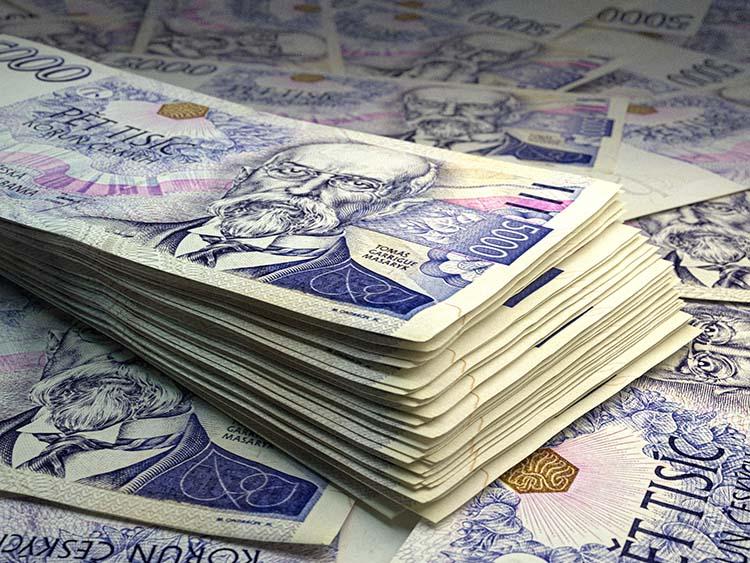Koruna Hits Strongest Level Against the Euro in More Than Two Years
The Czech koruna has climbed to its firmest level against the euro since September 2023, closing on Monday at around 24.25 CZK/EUR. Market data show that the koruna’s value has been steadily strengthening throughout 2025, supported by a mix of domestic monetary policy and favorable investor sentiment. Against the dollar, the currency also gained ground, trading near 20.6 CZK/USD.
Analysts say the koruna’s performance reflects the Czech National Bank’s decision to maintain higher interest rates than those in the euro area. With inflation in the Czech Republic proving more persistent than many expected, particularly in services and housing, the central bank has signaled little appetite for rate cuts in the near term. The resulting yield advantage continues to attract foreign investors, bolstering demand for the currency.
“Limited scope for further rate cuts is clear,” noted CNB board member Jakub Seidler, highlighting the stubborn nature of domestic price pressures. Goldman Sachs economists have also pointed out that the koruna is trading nearly two percent stronger than the CNB’s own forecasts, with its strength helping to ease imported inflation.
The Czech experience contrasts with developments in neighboring countries. The Polish złoty has held relatively stable against the euro at around 4.26 PLN, while the Hungarian forint, at about 389 HUF, has recently regained ground but remains far from multi-year highs. Both currencies have been constrained by political risks and weaker fiscal outlooks, leaving the koruna as the region’s standout performer.
Domestic equity markets echoed the positive tone. The Prague Stock Exchange’s PX index rose 0.42 percent on Monday to 2,303.59 points, boosted by gains in ČEZ and Moneta Money Bank. Trading volumes were subdued, but the benchmark remained above the 2,300-point threshold for the first time since August.
Economists caution, however, that the currency’s rapid appreciation could complicate exports by making Czech goods more expensive abroad. Still, officials in Prague have repeatedly stressed that a stronger koruna helps to keep inflation in check by reducing the cost of imported goods and energy.
“The koruna’s strength is a reflection of investor confidence and the central bank’s determination to keep inflation under control,” said Martin Gürtler of Komerční banka. “But it also adds to the challenge for exporters, who face thinner margins when selling into eurozone markets.”
With both the European Central Bank and the Czech National Bank signaling that monetary policy will remain restrictive, most analysts expect the koruna to stay near its current levels in the months ahead. Whether it can maintain its two-year highs will depend on how inflation develops — and how much longer the central bank keeps interest rates elevated.








